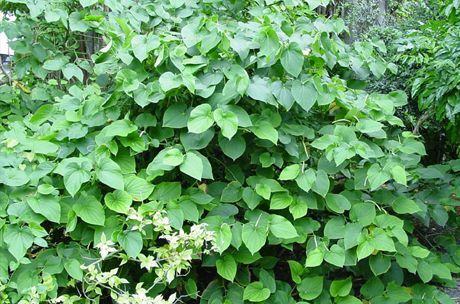Medical expert of the article
New publications
Preparations
Kava
Last reviewed: 06.07.2025

All iLive content is medically reviewed or fact checked to ensure as much factual accuracy as possible.
We have strict sourcing guidelines and only link to reputable media sites, academic research institutions and, whenever possible, medically peer reviewed studies. Note that the numbers in parentheses ([1], [2], etc.) are clickable links to these studies.
If you feel that any of our content is inaccurate, out-of-date, or otherwise questionable, please select it and press Ctrl + Enter.

Kava is made from the root of a shrub (Piper methysticum) that grows in the South Pacific. It is taken as a tea or capsule. The active ingredients are considered to be kavalactones.

Adverse effects of kava
Reports of hepatoxicity and cases of liver failure in Europe have led the FDA to place a warning label on kava products, but its safety remains under review. When kava is prepared traditionally (as a tea) and used in high doses (> 6-12 g dried root per day) or for long periods (up to 6 weeks), scaly skin rashes (kavadermopathy), blood changes (macrocytosis, leukopenia), and neurological changes (torticollis, oculogyric crisis, exacerbation of Parkinson's disease, movement disorder) have been reported. Kava may also prolong the effects of other sedatives (eg, barbiturates) and interfere with driving or other activities requiring alertness.
Attention!
To simplify the perception of information, this instruction for use of the drug "Kava" translated and presented in a special form on the basis of the official instructions for medical use of the drug. Before use read the annotation that came directly to medicines.
Description provided for informational purposes and is not a guide to self-healing. The need for this drug, the purpose of the treatment regimen, methods and dose of the drug is determined solely by the attending physician. Self-medication is dangerous for your health.


 [
[